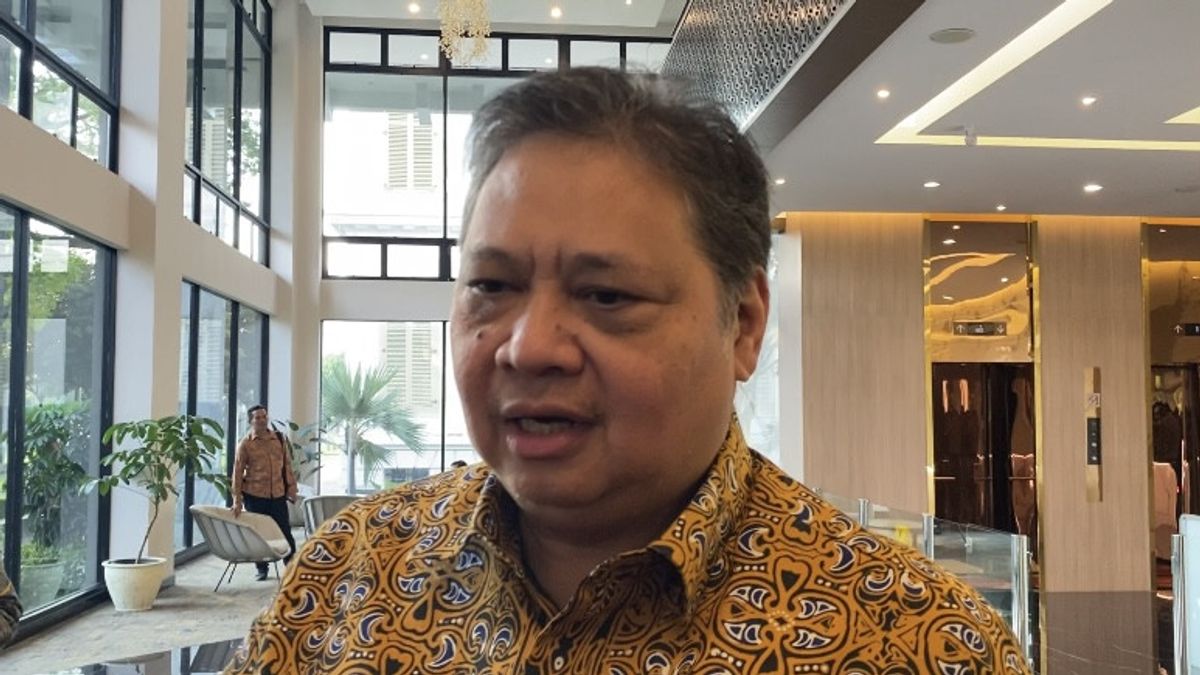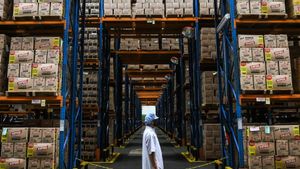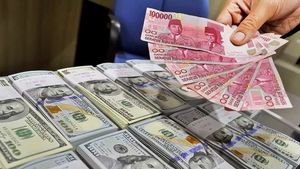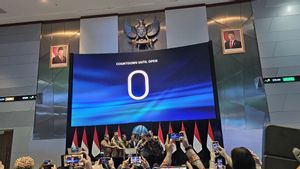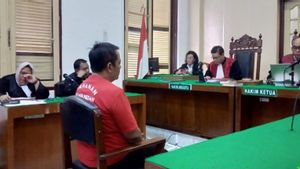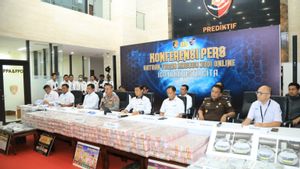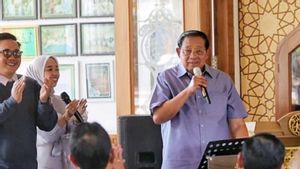JAKARTA - The Indonesian Manufacturing Purchasing Managers' Index (PMI) in December 2024 managed to rebound and again recorded an expansionary level at 51.2, after previously being at a contractive level at 49.6 in November 2024.
Coordinating Minister for Economic Affairs Airlangga Hartarto said that entering the beginning of 2025, the performance of the national economy continues to bring optimism. This increase was driven by the increase in new orders, both domestically and exports, as well as the increase in the purchasing activities of raw materials by the company.
In addition, Airlangga said Indonesia's inflation rate in December 2024 remained under control in the national target range of 2.5 percent plus minus 1 percent. Inflation in December 2024 was recorded at 1.57 percent (yoy), lower than inflation in December 2023 at 2.61 percent.
"The controlled inflation and expansive PMI show that the business world remains optimistic about the national economic conditions ahead," he said in his statement, Friday, January 3.
According to Airlangga, this is also reflected in the outlook for the World Bank in December 2024 which projects that the Indonesian economy will grow 5.1 percent in 2024 and 5.2 percent in 2025.
"This condition also reflects the positive prospects of the manufacturing sector, with many companies preparing to face increased demand by 2025," he said.
Furthermore, Airlangga said that the Government continues to strive to improve the national manufacturing sector through the use of local raw materials, providing incentives, protecting domestic industries, and economic cooperation at the international level.
Airlangga said the Government was encouraging the use of local raw materials compared to imports for those available domestically to reduce the cost of production due to the weakening of the Rupiah exchange rate.
"This is done, among other things, through the acceleration of downstreaming of natural resources-based industries," he said.
Meanwhile, Airlangga conveyed that providing fiscal incentives, ease of licensing, improving the quality of human resources, and strengthening research and innovation are further efforts from the Government to encourage the national industry.
In addition, the Government has also provided VAT DTP incentives for the automotive sector and provided labor-intensive industry financing including the finished clothing sector, textiles, furniture, leather, leather goods, footwear, children's toys, as well as food and drinks for revitalizing machines to increase productivity, with a interest subsidy scheme.
Airlangga said the Government continues to provide better market access for national export products through various trade cooperation.
SEE ALSO:
In addition, according to him, the Government is currently working to join the CP-TPP agreement and accelerate the Indonesia-EU CEPA negotiations to increase the penetration of national export products in Latin America and the European Union.
"The government has also accelerated the implementation of domestic industrial protection policies from the flood of imported products through safeguards and unfair import practices (dumping) through Anti-Dumping," said Airlangga.
However, Airlangga said that a number of challenges still arise at global commodity prices such as gold, coffee, and crude palm oil (CPO) continue to put pressure on domestic production costs.
"The fluctuation of global crude oil prices and the strengthening of the US dollar exchange rate also led to an increase in the import price of raw materials," he said.
The English, Chinese, Japanese, Arabic, and French versions are automatically generated by the AI. So there may still be inaccuracies in translating, please always see Indonesian as our main language. (system supported by DigitalSiber.id)
